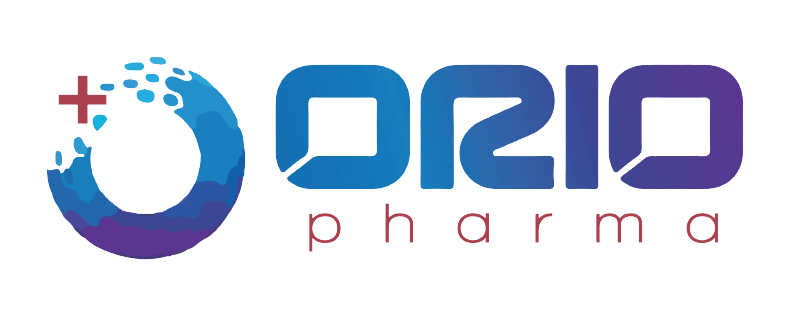Afanix 40 mg (Afatinib): Your Path to Progress in Non-Small Cell Lung Cancer
Introduction:
Non-Small Cell Lung Cancer (NSCLC) is a formidable adversary, presenting unique challenges to both patients and healthcare professionals. However, within the complexities of this disease, a beacon of hope emerges in the form of Afanix 40 mg. Each Afanix tablet contains Afatinib, a potent kinase inhibitor that has redefined the landscape of treatment for NSCLC. It is the answer to the specific needs of patients with tumors that harbor epidermal growth factor receptor (EGFR) exon 19 deletions or exon 21 (L858R) substitution mutations, as detected by an FDA-approved test. As we delve into the multifaceted aspects of Afanix, we witness how this medication is not only making an impact but also redefining the treatment options for those with metastatic NSCLC.
Understanding Non-Small Cell Lung Cancer:
Metastatic NSCLC is a formidable opponent, characterized by its aggressive nature and complexity. Patients diagnosed with this condition face a multifaceted journey, as the malignancy originates in the lungs and then spreads to other parts of the body, making treatment significantly more challenging. Within this spectrum, there are specific subtypes of metastatic NSCLC, including those with EGFR exon 19 deletions or exon 21 (L858R) substitution mutations. These subtypes are distinguished by unique genetic mutations, necessitating tailored therapeutic approaches.
Afanix’s Role in Metastatic NSCLC:
Afanix 40 mg is the much-needed glimmer of hope for patients diagnosed with NSCLC-bearing EGFR exon 19 deletions or exon 21 (L858R) substitution mutations. The medication’s active ingredient, Afatinib, acts as a potent kinase inhibitor, targeting the genetic abnormalities driving these subtypes of NSCLC. By inhibiting these specific EGFR mutations, Afanix effectively suppresses the growth and proliferation of cancer cells, providing patients with a significant advantage in their fight against the disease.
Indications:
- First-Line Treatment for EGFR-Mutated NSCLC: Afanix 40 mg is indicated as a first-line treatment for patients with metastatic NSCLC whose tumors have EGFR exon 19 deletions or exon 21 (L858R) substitution mutations, as detected by an FDA-approved test.
- Treatment for Squamous NSCLC After Platinum-Based Chemotherapy: Afanix 40 mg is also indicated for the treatment of patients with metastatic, squamous NSCLC that has progressed after platinum-based chemotherapy.
Dosage and Administration:
The recommended dosage for Afanix is 40 mg, to be administered orally once daily until disease progression or is no longer tolerated by the patient. Healthcare professionals may consider dose modifications for adverse reactions, ensuring that each patient’s treatment plan is tailored to their individual needs.
Manufacturer: Beacon Pharmaceuticals Ltd.
Affordable Access Worldwide:
In a world where access to life-saving medications is a critical concern, Orio Pharma is committed to providing Afanix 40 mg at the lowest prices worldwide. This commitment ensures that patients, regardless of their location, can access this groundbreaking treatment without the burden of exorbitant costs. Orio Pharma’s dedication to affordability stands as a beacon of hope for patients battling metastatic NSCLC.
Conclusion:
In conclusion, Afanix 40 mg (Afatinib) tablets represent a significant advancement in the field of NSCLC treatment. This medication offers patients a renewed sense of hope and a more targeted approach to managing the disease. With its mechanism of action specifically designed for EGFR-mutated NSCLC, Afanix is making a profound impact on the lives of patients. It is a testament to the dedication of healthcare professionals, researchers, and pharmaceutical companies like Orio Pharma, all working collaboratively to redefine the future of NSCLC treatment. Patients are encouraged to consult with their healthcare providers to determine if Afanix is the right choice for their individual treatment plan, as this medication continues to elevate the standard of care for metastatic NSCLC.





